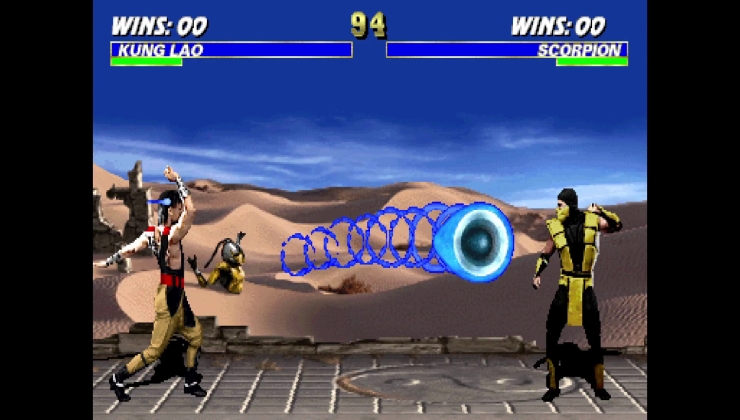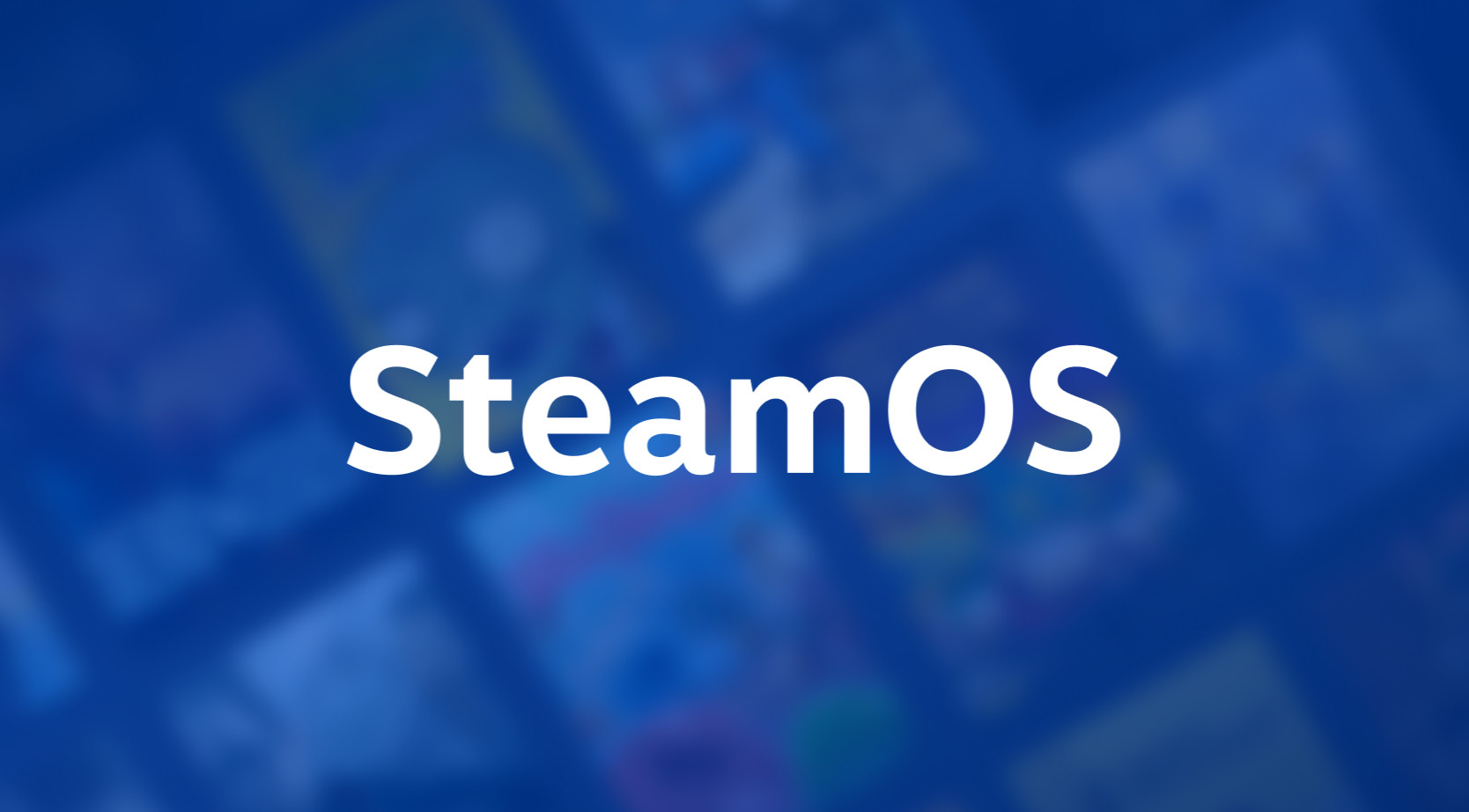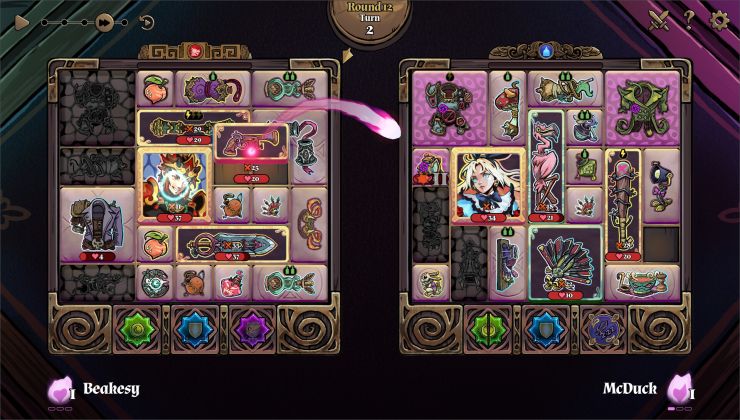Vue lecture
CentOS 10-20251027
Civilization VII set for a big change to allow you to play as one civ continuously
 .
.
Read the full article on GamingOnLinux.
IPFire 2.29-core198
Fedora Linux 43 Now Available For Download
Fedora 43
Apple Silicon USB3 Support Queued Ahead Of Linux 6.19
DM-VERITY Change For Linux 6.19: "On Some CPUs This Nearly Doubles Hashing Performance"
59 Patches Allow Finally Building Glibc With LLVM's Clang Compiler
Stride 4.2.1.2485 Game Engine Brings Vulkan Compute Shader Support, Better Performance
Mortal Kombat: Legacy Kollection gets Steam Deck Verified ahead of release
 .
.
Read the full article on GamingOnLinux.
Ghost of Tsushima gets Steam Deck Verified as the devs push the multiplayer into a DLC
 .
.
Read the full article on GamingOnLinux.
GE-Proton 10-23 released with fixes for Killer Instinct, Heroes of Newerth Reborn and more
 .
.
Read the full article on GamingOnLinux.
SteamOS 3.7.17 Beta disables wake-on-bluetooth for Steam Deck LCD again
 .
.
Read the full article on GamingOnLinux.
Live Raizo 16.25.10.26
LinuxCNC 2.9.6
OpenRazer 3.11 Released With Linux Driver Support For Newer Razer Devices
Qubes 4.3.0-rc3
FreeBSD Celebrates The Milestone Of Reproducible Builds & No Root Needed
Grab the wonderful Kingdom series in a new Humble Bundle
 .
.
Read the full article on GamingOnLinux.
Ubuntu Unity In Need Of More Developers To Survive
Check out the demo for Turnbound, a clever haunted boardgame inventory battler
 .
.
Read the full article on GamingOnLinux.
Cycle de webinaires “Regards d’experts”
Open Source Experts lance ce cycle de webinaires pour donner la parole aux meilleurs spécialistes de l’écosystème. L’objectif : décrypter les grands enjeux technologiques, juridiques, économiques et géopolitiques qui façonnent l’avenir numérique de la France et de l’Europe.
Chaque webinaire propose le regard éclairé d’un expert qui analyse en profondeur une thématique stratégique, apportant aux décideurs les clés de compréhension nécessaires pour naviguer dans un environnement numérique en mutation rapide. Au-delà de la dimension technique, ce cycle ambitionne de nourrir une réflexion collective sur la construction d’une souveraineté numérique durable et collaborative.
Pour le 1er webinaire, le sujet sera "Souveraineté sans rivalité, la voie de l’Open Source ?" et ce sera présenté par Benjamin JEAN d'Inno3. Il aura lieu le 14 novembre 2025 à 11h.
- lien nᵒ 1 : Cycle de Webinaires “Regards d’experts”
- lien nᵒ 2 : Détail et inscription au webinaire Souveraineté sans rivalité, la voie de l’Open Source ?
- lien nᵒ 3 : Site web d'Opensource Experts
Commentaires : voir le flux Atom ouvrir dans le navigateur